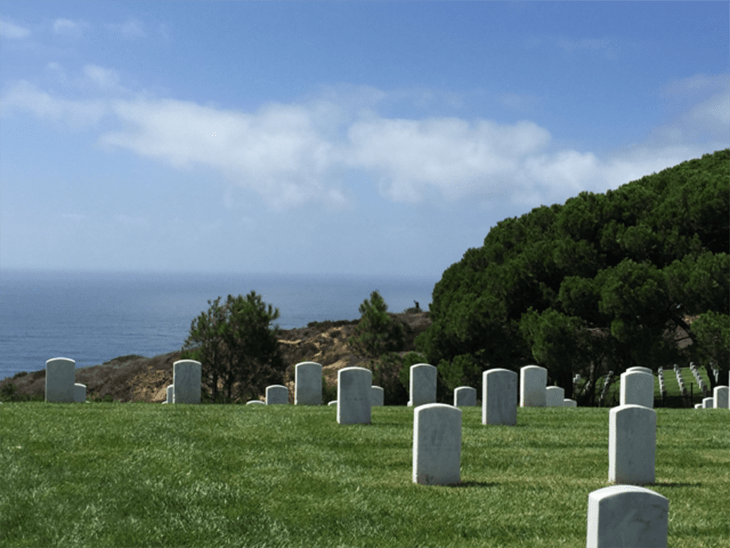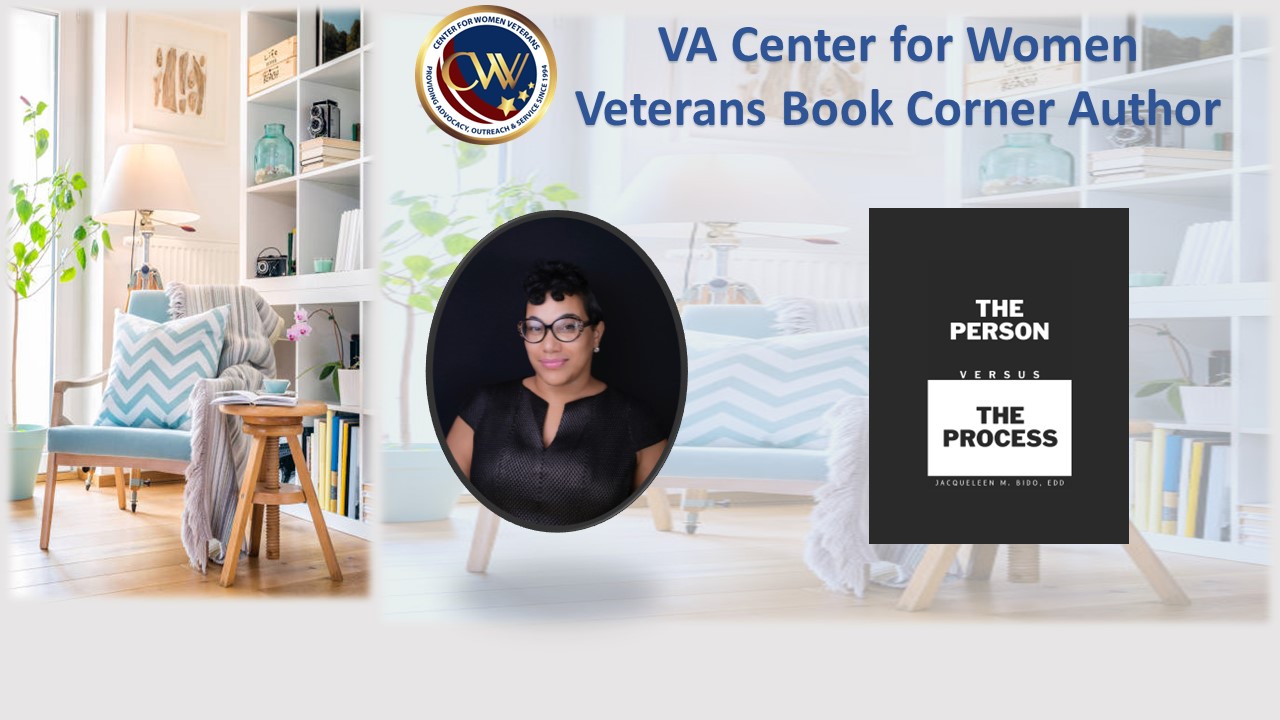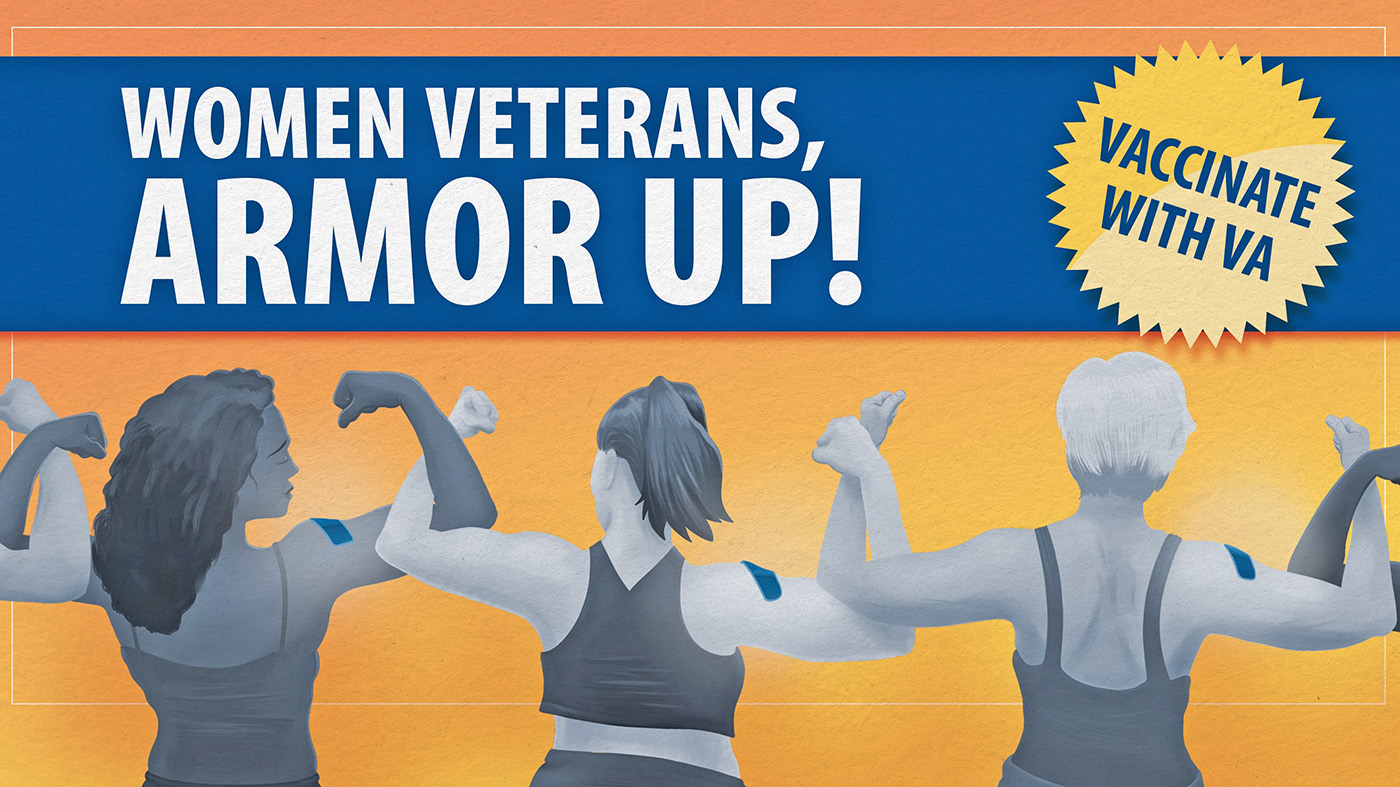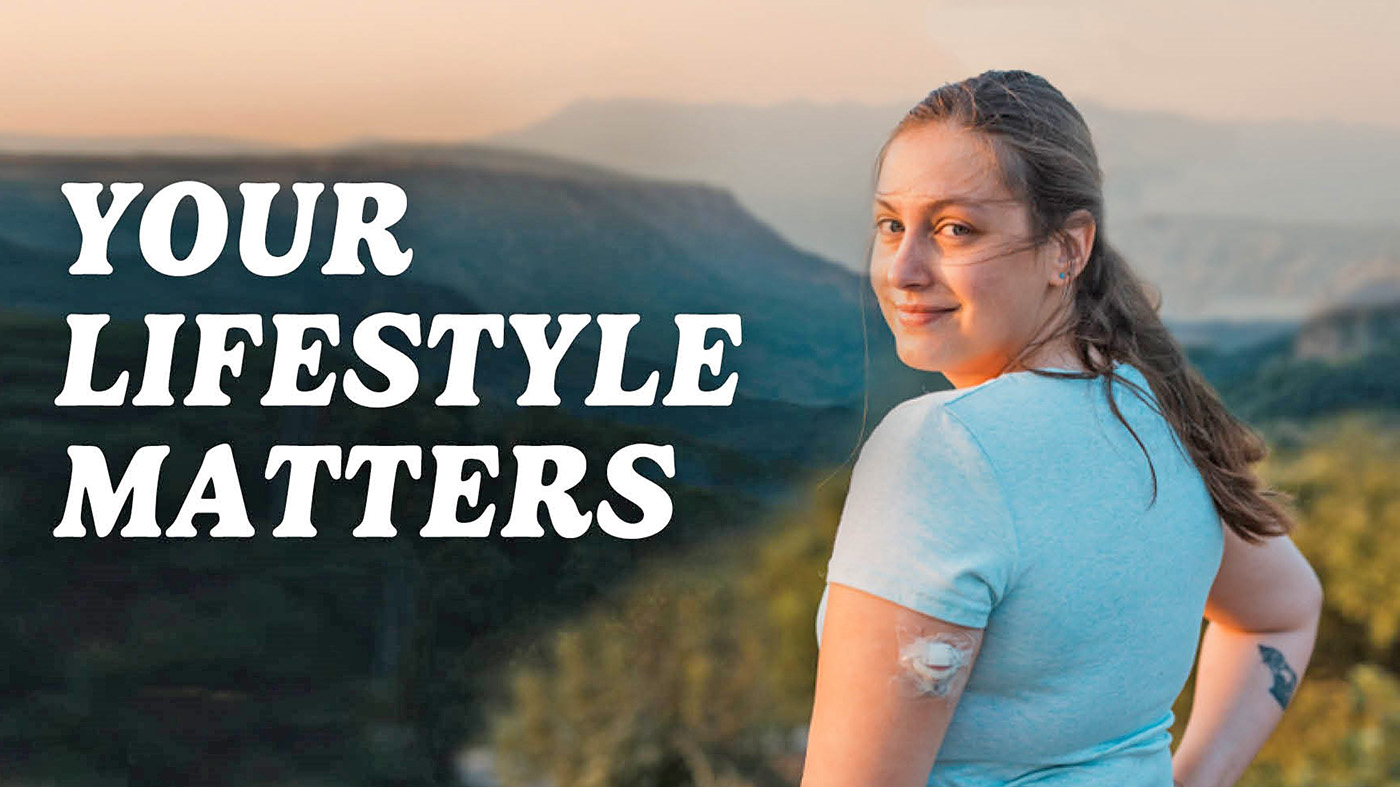While women Veterans are accessing benefits through the Veterans Benefits Administration (VBA) at roughly similar rates to men and make up about 7.5 percent of patients in VA’s health care system, we are significantly underrepresented in VA cemeteries. This is likely, in large part, a function of demographics; in the past, we could legally only represent 2 percent of the military and the women who served under that restriction are most likely to need theses burial and memorial benefits today. However, lack of awareness of this benefit or our eligibility for it may also limit women’s use of it, which is deeply unfortunate.

Evelyn B Einfeldt, the 1996 Oklahoma Female Veteran of the Year, is interred at Ft. Sill National Cemetery
I recently had the honor of visiting two VA national cemeteries in San Diego with the VA Advisory Committee for Women Veterans: Fort Rosecrans, now closed to new interments and one of the oldest, and Miramar, a very new cemetery. Despite differences in how long they have been in service and surprisingly different surrounding landscapes given their relative proximity, they share important characteristics: both are pristine, immaculately cared for and maintained by staffs made up primarily of Veterans. Spending time in these somber yet serene landscapes paradoxically left me tremendously comforted. It is greatly reassuring to know that VA has burial benefits available to me in honor of my military service, and that my family will be able to remember me in an environment so full of respect and reverence for all our nation’s Veterans.
All women Veterans should know they may be eligible for burial in one of the 135 VA national Cemeteries located in 40 states that are currently open, as well as in state cemeteries. Many women Veterans, like me, are in dual-military marriages; those couples may choose separate or shared grave sites. Other burial benefits include headstones, markers, or medallions; burial flags; and Presidential Memorial Certificates. You may also be able to honor the service of a woman Veteran in your family who died after 1990 and is buried in a private cemetery by requesting a medallion to affix to a privately purchased headstone or marker.
Burial benefits available for a Veteran’s spouse and dependents (including minor dependent children, and under certain conditions, unmarried adult children with disabilities) include burial with the Veteran in a national cemetery, perpetual care and the inscription of name and date of birth and death on the Veteran’s headstone, at no cost to the family, even if they predecease the Veteran.
In addition to the comfort of knowing their loved one’s final resting place will receive perpetual care, survivors of Veterans may also be eligible for other benefits, including:
- Dependency and Indemnity Compensation (DIC), a tax free monetary benefit paid to eligible survivors of military Servicemembers who died in the line of duty or eligible survivors of Veterans whose death resulted from a service-related injury or disease.
- The Survivors Pension benefit, which may also be referred to as “death pension,” a tax-free monetary benefit payable to a low-income, un-remarried surviving spouse and/or unmarried child(ren) of a deceased Veteran with wartime service.
- The Marine Gunnery Sergeant John David Fry Scholarship (Fry Scholarship)for children and spouses of Servicemembers who died in the line of duty after September 10, 2001.
- The Survivors’ and Dependents’ Educational Assistance (DEA) Program, which offers education and training opportunities to eligible dependents of Veterans who are permanently and totally disabled due to a service-related condition or of Veterans who died while on active duty or as a result of a service-related condition.
- Bereavement counseling at Vet Centers.
The loss of a loved one is a challenging time for all of us. There is no convenient time for this life changing phenomenon to occur. We can help women Veterans and their families in their time of loss by sharing what we know. Please help me ensure that they are aware of their eligibility for these benefits, to ease their burdens during those difficult times and to comfort them in the years to come.
This is the sixth blog in an 11-week series on the State of Women Veterans. Visit the campaign page to read other entries.
Topics in this story
More Stories
This month’s Center for Women Veterans Book Corner author is Navy Veteran Dr. Jacqueleen Bido, who served as a Information Systems Technician from 1998 to 2006. She wrote “The Person Versus The Process.”
Vaccinations are important for women Veterans’ overall well-being, especially if you’re pregnant or plan to become pregnant.
Women Veterans are 2.5 times more likely to develop Type 2 diabetes than non-Veterans, but prevention is possible.







So great to remind our fellow vets that their children and babies are also eligible for this important benefit of service. It can ease some of the burden during such a traumatic loss.